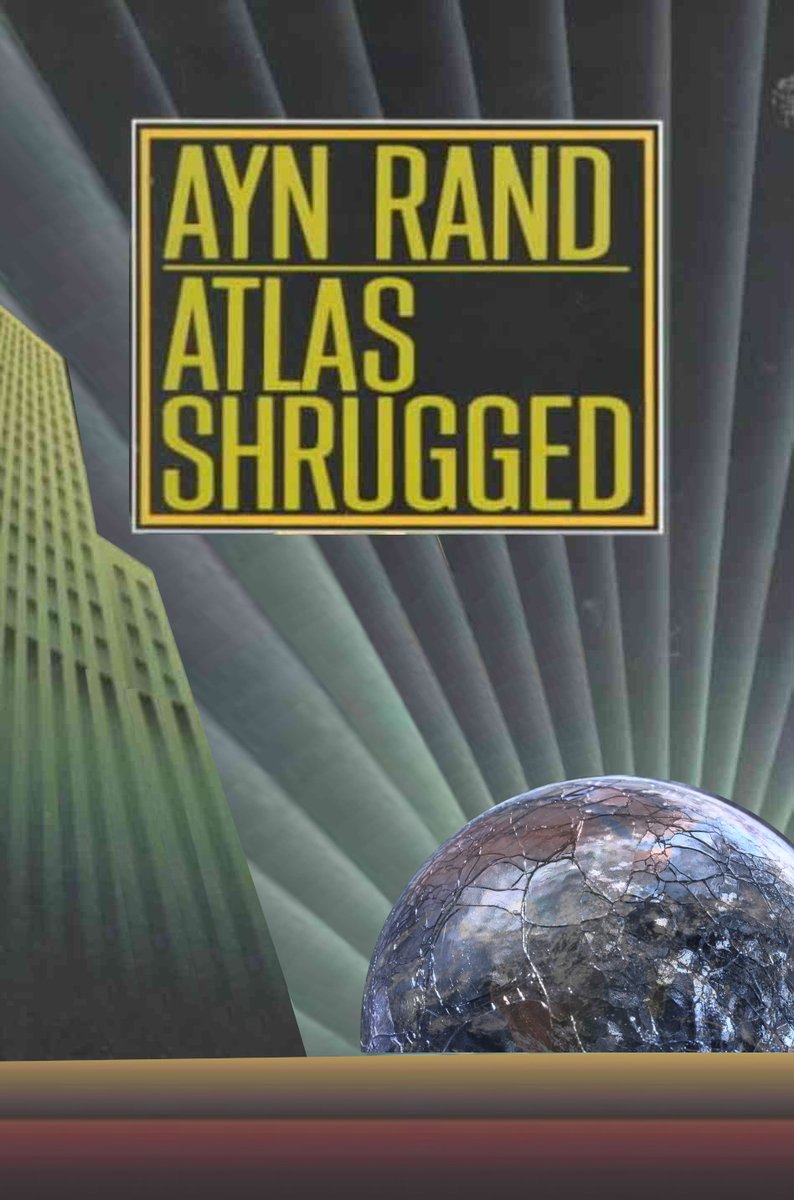
New Yorkers have a new ridehailing alternative to Uber: @TheDriversCoop is a driver-owned, app-based ride-hailing service that pays drivers more, charges riders less, and pays out any profits to driver-owners as periodic dividends.
nytimes.com/2021/05/28/tec…
1/
nytimes.com/2021/05/28/tec…
1/

#PlatformCooperativism is a powerful antidote to app-based gig work: a way to provide customers with the convenience that made app-based services so popular while putting workers in control of their days, schedules and working conditions.
2/
2/
It's particularly buoying to see a platform co-op challenge Uber, a company that started as a way to funnel Saudi royals' billions into a bid to dismantle public transit and worker protections in a single fell swoop.
3/
3/
Uber is especially vulnerable. It's losing billions of dollars, and it had to pay a group of suckers $400m to relieve it of its failed, $25b self-driving car unit whose product couldn't manage a single mile on its own.
pluralistic.net/2021/02/16/rin…
4/
pluralistic.net/2021/02/16/rin…
4/
Uber's main project has always been regulatory, not technological: that's why it funneled hundreds of millions of dollars into passing California's #Prop22, a law that legalized worker misclassification and banned unionization.
5/
5/
After years of losing billions, Uber's original investors exited through an IPO that brought in suckers who bought in on the premise that a pile of shit as big as Uber MUST have a pony underneath it somewhere.
6/
6/
Now those investors have to figure out how to recoup the billions that Uber squandered on subsidizing rides, suborning regulators, and staging elaborate long cons like its self-driving car unit.
7/
7/
It must pay drivers less and charge riders more than a new market entrant that has none of this baggage. That's why a drivers' co-op is such a big move.
But I fear that Uber has one enduring advantage that the drivers will struggle to overcome: the network effect.
8/
But I fear that Uber has one enduring advantage that the drivers will struggle to overcome: the network effect.
8/
Drivers and riders are already overwhelmingly on Uber. If you're a rider, trying to hail a Drivers Coop car is likely to result in a longer wait because fewer drivers have the app installed. So fewer riders will try, and drivers won't have an incentive to sign up.
9/
9/
Both critics of tech monopoly and apologists for it zero in on this network effect as the key driver of market concentration - but this analysis misses a far more important factor: switching costs.
onezero.medium.com/tech-monopolie…
10/
onezero.medium.com/tech-monopolie…
10/
It's easy for a driver to drive for Uber AND the Drivers Coop (just as many drivers already keep both Lyft and Uber running simultaneously), but it's extremely hard for a rider to send out ride-hail requests to multiple companies at once.
11/
11/
That's not because of any technological barrier - it's trivial to build a service that hails your driver as an Uber, then automatically checks whether they have Drivers Coop running as well, and, if so, cancels the ride and rebooks it as a Coop ride.
locusmag.com/2019/01/cory-d…
12/
locusmag.com/2019/01/cory-d…
12/
That would be fully in keeping with Uber's fiction that drivers are "independent contractors" and not employees, but Uber's got a powerful tool to prevent drivers and customers from evading high switching costs.
13/
13/
Uber and other tech giants use "IP" - a cluster of laws best understood as "any policy that allows me to control the conduct of my customers, competitors and critics" to criminalize the "disruption" they laud - if it's directed at THEM.
locusmag.com/2020/09/cory-d…
14/
locusmag.com/2020/09/cory-d…
14/
Thus a meta-ride-hailing app would face claims under Sec 1201 of the DMCA (for bypassing the DRM on the Uber app); CFAA (for violating terms of service) and maybe even tortious interference (for allowing drivers to get a better deal).
15/
15/
I will definitely use the Drivers Coop the next time I'm in NYC and I hope you will too. But if platform coopertavism is to take hold, we need ways to lower the switching costs of using a co-op over a monopolist. We need interop.
drivers.coop
eof/
drivers.coop
eof/
ETA - If you'd like an unrolled version of this thread to read or share, here's a link to it on pluralistic.net, my surveillance-free, ad-free, tracker-free blog:
pluralistic.net/2021/06/02/arb…
pluralistic.net/2021/06/02/arb…
• • •
Missing some Tweet in this thread? You can try to
force a refresh









